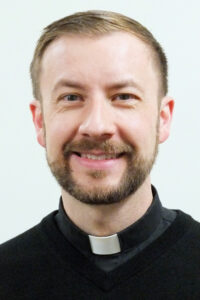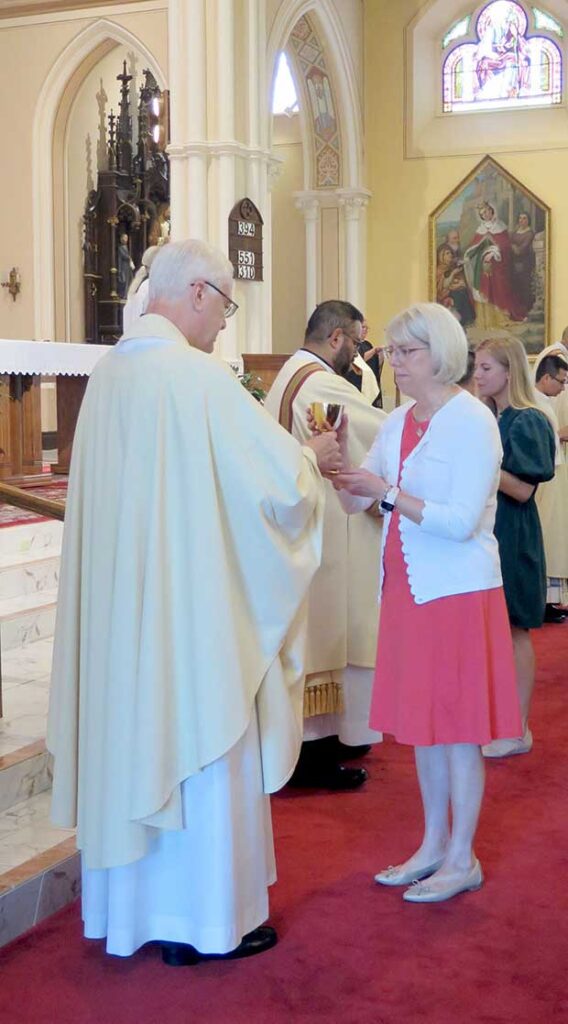By Father Thom Hennen
Question Box
What is the Church’s stance on extraterrestrials? Did Jesus only come to Earth?

I enjoy a good science fiction show. It is fascinating to see the mix of alien species and cultures, the amazing technology and breathtaking new worlds. Interestingly, religion rarely comes up in these shows. It is either ignored altogether, presented as something primitive we grew out of as we expanded into the universe or it is presented in a negative light. I have yet to see in a science fiction movie or show a serious treatment of how any existing world religion would deal with the discovery of sentient life on other planets.
As for the Catholic Church on Earth in the 21st century, there is no “stance” on extraterrestrials. This is probably because, at this point, this is a purely hypothetical question. The fact is we have no proof of such life anywhere in the universe. Granted, the universe is a very big place and we have only seen a sliver of it. It is interesting to me, however, that even in what we have discovered of the universe, we have yet to find a place other than Earth where life of any kind is possible. The closest we have come may be in the discovery earlier this year of an Earth-size planet (TOI 700 e) that exists in the “habitable zone” of its star. Either Earth won the cosmic lottery or something else is going on here.
So, did Jesus only come here to Earth? As far as we know, yes. He was incarnate of the Blessed Virgin Mary and became fully human, yet without losing anything of his divinity. He is true God and true man. Because we have no indication of life elsewhere in the universe, there would be no need for him to go there, much less to become incarnate as some other alien race.
However, this does raise some interesting theological questions. If we did discover sentient life somewhere else in the universe, what would be their relationship to Jesus and the saving events of his passion, death and resurrection? Would they be redeemed? Would they even need to be redeemed? If they exist, are they also created in the image and likeness of God?
My mind goes to those earliest debates about the humanity of Jesus and to the 4th century bishop St. Gregory of Nazianzus, who summarized it well in saying, “What is not assumed is not redeemed.” By this he meant that if our humanity was not truly and fully assumed by Christ, then we are not redeemed. It was a defense of Jesus’ humanity. Bending this some, we could say that the Son of God and second person of the Holy Trinity would not have assumed the nature of these newly discovered creatures and therefore (according to St. Gregory), they would not be redeemed.
At the same time, there is a sense that all of creation, all life, is “caught up” in the redemption won for us by Christ. Theologically, it would seem to me that any sentient life we discovered in the universe would also share in the benefits of what happened for us here on Earth.
In a way, our world has dealt with this question before. When the “new world” was discovered, explorers encountered new peoples, who were like them yet not like them. They looked different, had different customs, dress and languages. To the Europeans they must have seemed like a different species. And for those indigenous cultures, the arrival of these strangers must have seemed like an alien invasion. Whatever or whoever is out there, if anyone, I hope we handle it all a little better.
(Father Thom Hennen serves as the pastor of Sacred Heart Cathedral in Davenport and vicar general for the Diocese of Davenport. Send questions to messenger@davenportdiocese.org)







